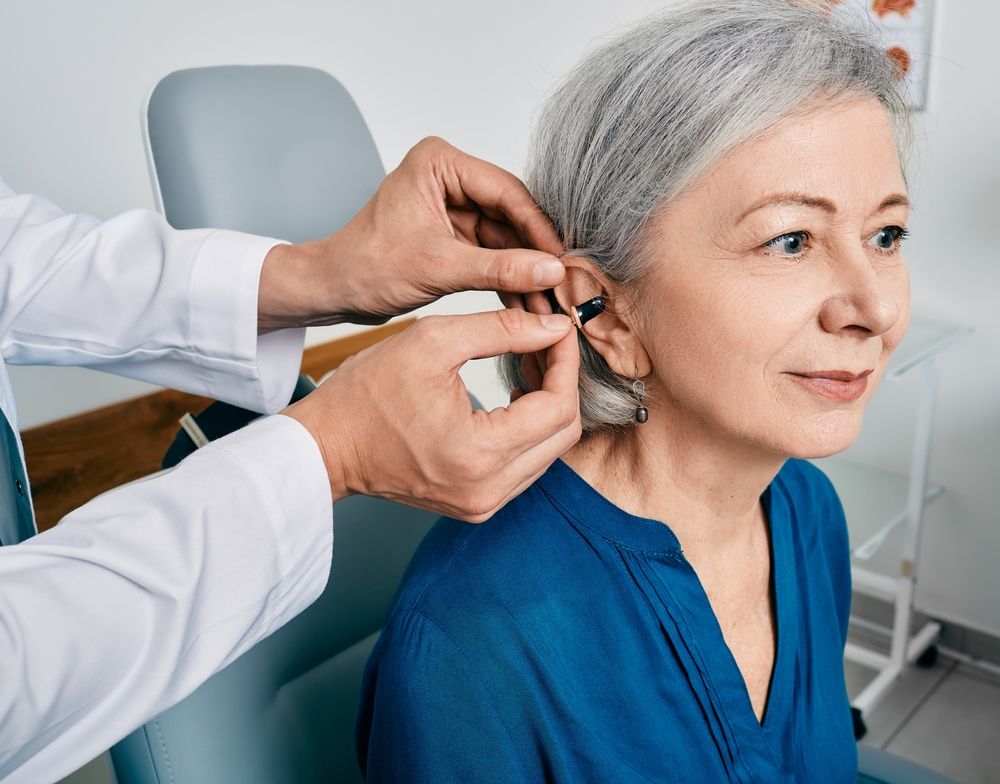
Getting fitted with hearing aids for the first time can be both thrilling and a little overwhelming. Whether you’re eager to enjoy conversations more clearly, reconnect with friends and family, or just hear the world around you once more, it’s a huge step toward better hearing health. But like any new experience, it’s normal to have questions, especially about how hearing aids will feel and how long it may take to adapt.
Many first-time users are unsure what to expect. Will the devices feel bulky or uncomfortable? Will ordinary noises be overwhelming at first? How long will it take to adjust to normal sounds? Most people share these worries, yet with proper support and some patience, many find that using hearing aids becomes a familiar and beneficial facet of their daily activities.
Let’s delve into what to expect during the adjustment period and how you can make the transition as smooth as possible.
What you can anticipate during the first period of adaptation
Do hearing aids cause discomfort? At first, they can feel a little bit unusual, especially if you’ve never put anything in your ears on a regular basis. Similar to adapting to a new pair of eyeglasses or adjusting to a wristwatch , it requires time for your mind and physique to become acquainted.
There are two key areas where you’ll observe the biggest changes during the first several days or weeks of use:
Physical sensation
You may encounter a feeling of discomfort or strangeness in your ear at first. This is completely normal. Many hearing specialists recommend easing into use, starting with a few hours a day and gradually increasing the duration.
Some slight inconvenience is tolerable, but pain is not okay. If your devices cause soreness or irritation, don’t hesitate to contact your hearing care provider. They can fine-tune the fit or try out a different style better suited to your ear shape.
Sound perception
One of the most surprising parts of the adjustment process is hearing daily sounds that you may not have noticed before.
At first, every day sounds like the fridge’s gentle thrum, chirping birds, or the creak of your own footsteps can seem abnormally loud. This is because your brain is learning to process a wider range of sounds again.
It might seem overwhelming, but your brain will slowly learn to filter out trivial background noise and focus on what really matters, like voices and music. This is part of your auditory system “retraining” itself.
Suggestions for enhancing the comfort and effectiveness of hearing aids
Fortunately, there are multiple tactics available to assist in making you feel at ease and self-assured as you acclimate to your new hearing devices.
1. Begin slowly
You don’t need to feel obligated to use your hearing aids all day instantly. Begin with one to four hours a day, especially in quieter settings like your home.
Slowly increase as you become more comfortable with the feel and sound of the hearing aids.
2. Practice makes perfect
To help your brain adapt, wear your hearing aids while taking part in stimulating activities. Listening to audiobooks while reading along or watching movies with subtitles can help reinforce speech recognition and enhance your listening skills in an enjoyable and stimulating way.
3. Stay in touch with your hearing specialist
Fit and performance go hand-in-hand. If you experience any discomfort or notice something off, including the fit of the device or the audio quality, act immediately. Your hearing care provider can fine-tune your devices and give suggestions for better results. In certain situations, a custom-fit hearing aid might be the best option for your unique ear shape and requirements.
Discovering a new world of sound
It’s entirely normal to experience a short adaptation period with your hearing aids. With consistent use, proper care, and support from your hearing specialist, these devices will soon feel like second nature.
Instead of concentrating on the device, you will redirect your focus to the pleasure of enhanced conversations, natural sounds, music, and regular social exchanges.
The key is patience, practice, and remaining proactive about your comfort. Before long, your hearing aids will not only improve how you hear, but also how you live.